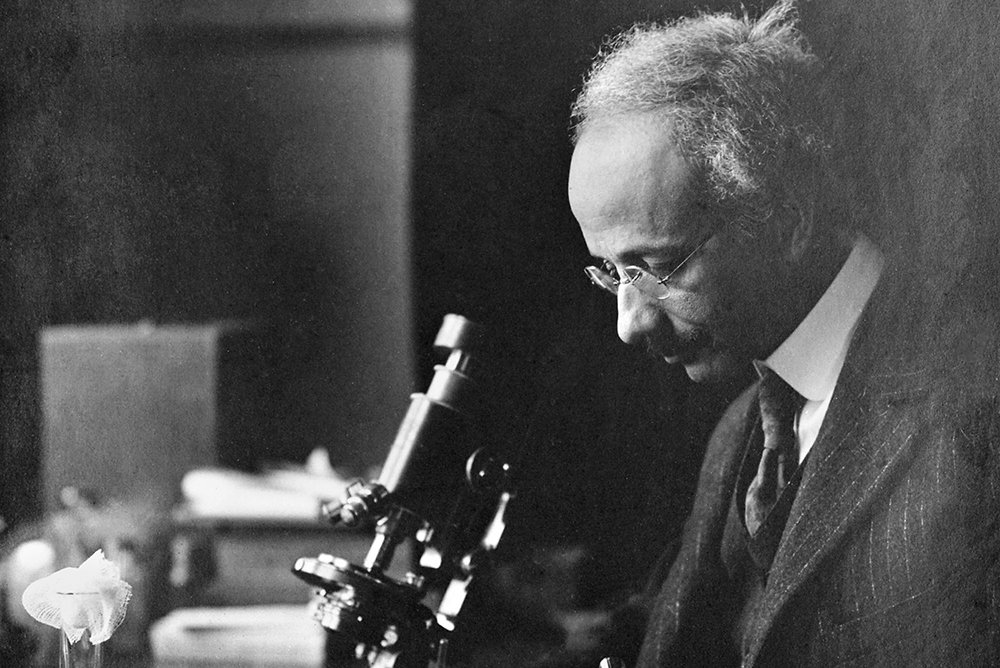Solomon Carter Fuller was a pioneering African American psychiatrist who made significant contributions to the fields of neurology and psychiatry. Born in Liberia in 1872, Fuller was the son of a former slave who had emigrated to Liberia from Virginia. Fuller’s early education took place in Monrovia, Liberia, before he moved to the United States to further his studies.
Fuller attended Livingstone College in North Carolina, where he excelled academically and developed a keen interest in the sciences. He went on to study medicine at Boston University School of Medicine, where he faced significant racial discrimination but persevered and graduated in 1897. After completing his medical degree, Fuller pursued further training in neurology and psychiatry, eventually becoming one of the first African American psychiatrists in the United States.

Fuller’s career was marked by groundbreaking research and clinical work in the fields of neurology and psychiatry. He conducted important research on Alzheimer’s disease and other forms of dementia, making significant contributions to our understanding of these conditions. Fuller also worked with patients at the Boston Psychopathic Hospital, where he made important advancements in the treatment of psychiatric disorders. In addition to his research and clinical work, Fuller was a passionate advocate for racial equality and social justice. He was actively involved in civil rights and anti-discrimination efforts, using his position as a prominent physician to speak out against racial injustice and inequality.
Fuller’s legacy extends beyond his professional accomplishments. He was a trailblazer in the field of medicine, breaking down barriers for African American physicians and paving the way for future generations of minority healthcare professionals. His work has had a lasting impact on our understanding of neurological and psychiatric conditions, and his advocacy for social justice continues to inspire others to this day. In recognition of his contributions to the field of medicine, Fuller received numerous honors and awards throughout his career. He was a respected member of several professional organizations and served as a mentor to many aspiring healthcare professionals.
Solomon Carter Fuller’s life and work serve as a testament to the power of perseverance, determination, and a commitment to social justice. His pioneering contributions to the fields of neurology and psychiatry have left an indelible mark on the medical community, and his legacy continues to inspire future generations of healthcare professionals.

